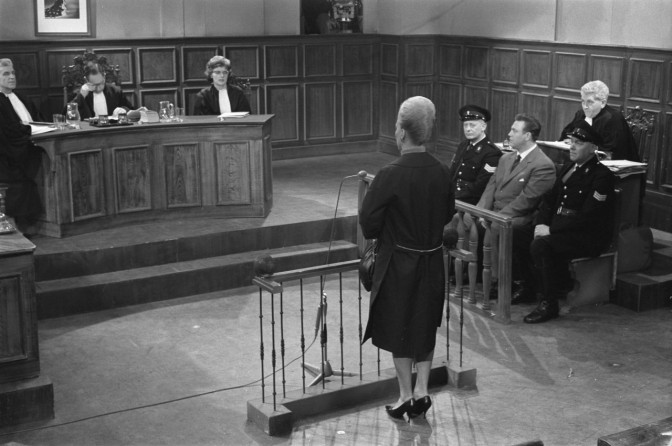An akte van bekendheid is a record of knowledge, usually a statement by four witnesses who all testify about the truth of something.
For example, when people got married after 1811, they had to submit extracts of their birth records and sometimes also extracts of the death records of their parents, former spouses and even grandparents (in the case of under-age orphans). In some cases, these records did not exist and could not be extracted. If they could not produce these records, they drummed up witnesses to testify about the event before the court and create an akte van bekendheid which could be submitted in lieu of the extract. Such akten van bekendheid can be found in the marriage supplements, the documents that a bride and groom needed to submit when they got married.
This could be the case if a person was born before the civil registration was introduced in 1811, and the family was Jewish and did not keep baptismal records. Or sometimes burials weren’t recorded until the mid 1700s and parents or grandparents died before that time.
Aktes van bekendheid can be a great source of information. In one instance, in the marriage supplements of a third marriage of an ancestor, who married at the age of 60 in 1813, I found testimonials about the deaths of his parents and grandparents. The grandparents were born in the 1600s. It’s hard to imagine that a record about them made it into the civil registration. The people testifying were very old and remembered the deaths of these grandparents from their youth.

Testifying in court. Credits: Harry Pot, collection Nationaal Archief (CC-BY-SA)


We found this for my husband’s Great Grandfather (believed not to be biological). He was from another country and had no birth certificate only a baptism. He also didn’t have to serve in the Dutch military